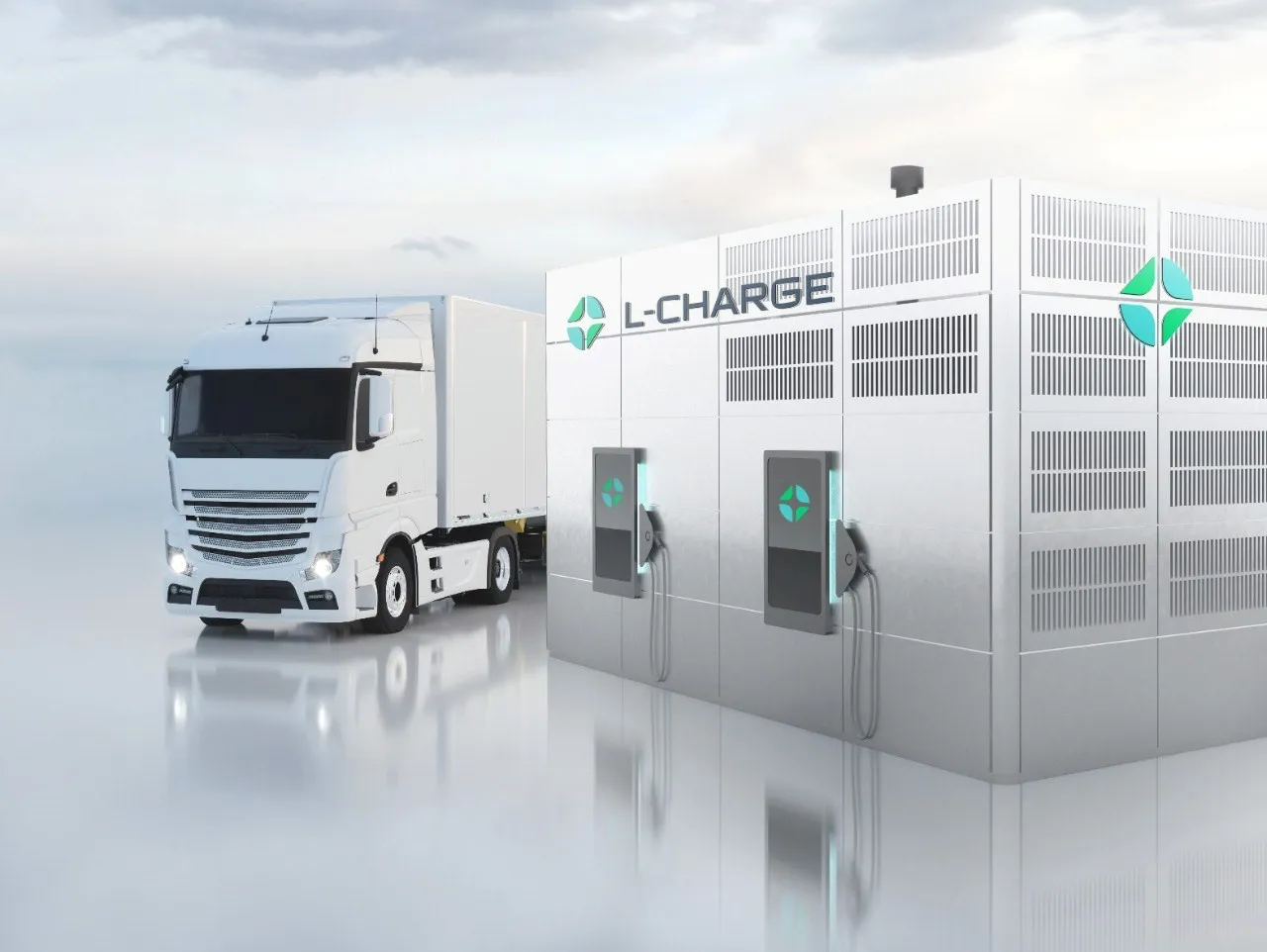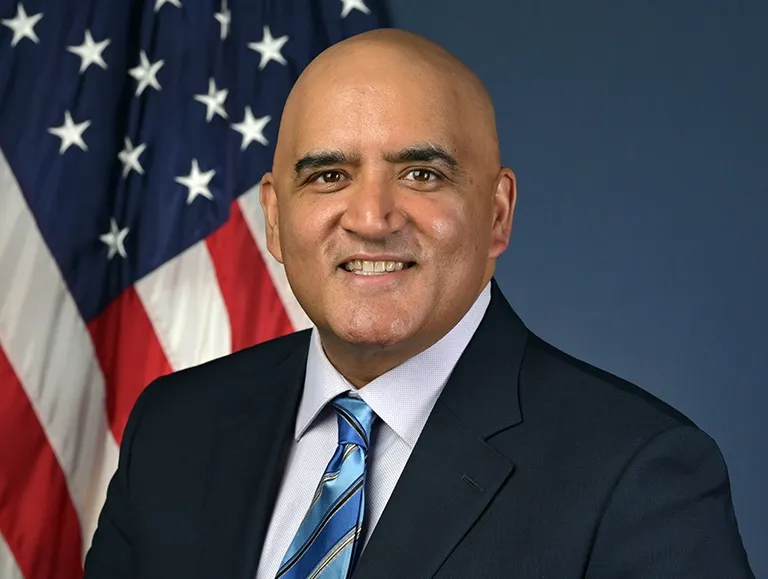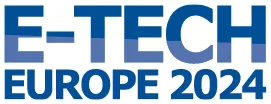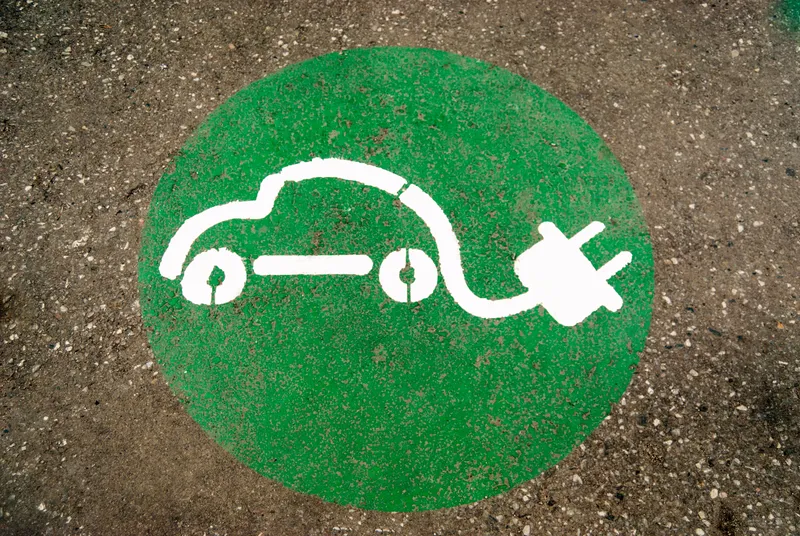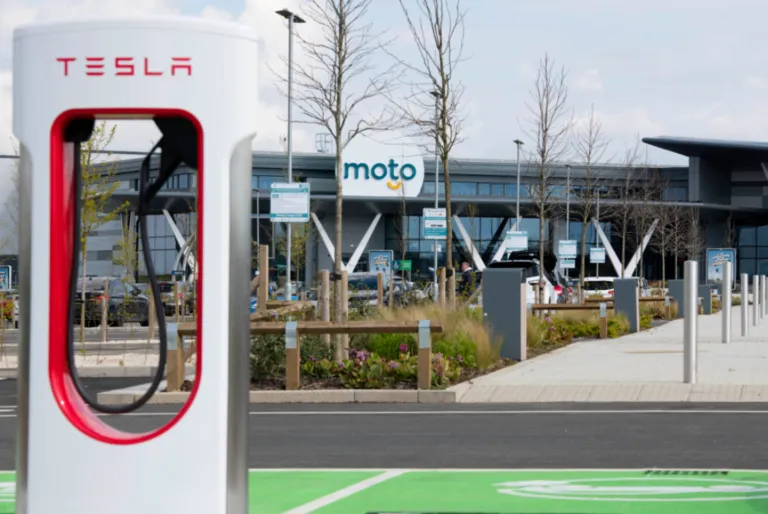
Ken McMeikan, CEO of Moto Services, says that the motorway services operator has installed 16 new ultra-rapid Tesla chargers at its Pease Pottage location on the M23 in Sussex.
Writing in the Daily Mail, McMeikan said it was intended to have the chargers in use before the summer rush but they will not now be activated until at least September 9 due to power not being available from the grid.
Speaking to EVC&I last month McMeikan said that rising numbers of electric vehicles on UK roads means there will be a twelvefold increase in the demand for power required for EV charging by 2030.
He said there has not been enough joined up thinking on achieving the power supply needed for EV charging and that the government needs to bring together power companies, motorway service operators and chargepoint operators to properly address the issue.
McMeikan added: "There is a need to bring the three together and do a very simple thing which is to say: 'Here is the forecast for the number of EVs that there is going to be by year, tell us what is the amount of power and the number of chargers that you're going to need to deploy by year.'
"It’s mindblowing the scale of power that will be required for EV charging just for Moto. We believe that between 27% and 33% of cars in the UK will be an EV by 2030. So one in three cars coming to Moto in seven years’ time will be an electric car, and the power that we believe we'll need to deploy is about 240 megawatts. This is equivalent to 25% of the power produced by the average-sized nuclear power station."
In March this year the Department for Transport published the zero emission vehicle (ZEV) mandate and CO2 emissions regulation for new cars and vans in the UK. The proposed minimum ZEV target trajectory for new cars sold begins at 22% in 2024, increasing to 80% in 2030 reaching 100% in 2035. The proposeed trajectory for new vans sold begins at 10% in 2024 and reaches 70% in 2030 on the way to 100% in 2035.


